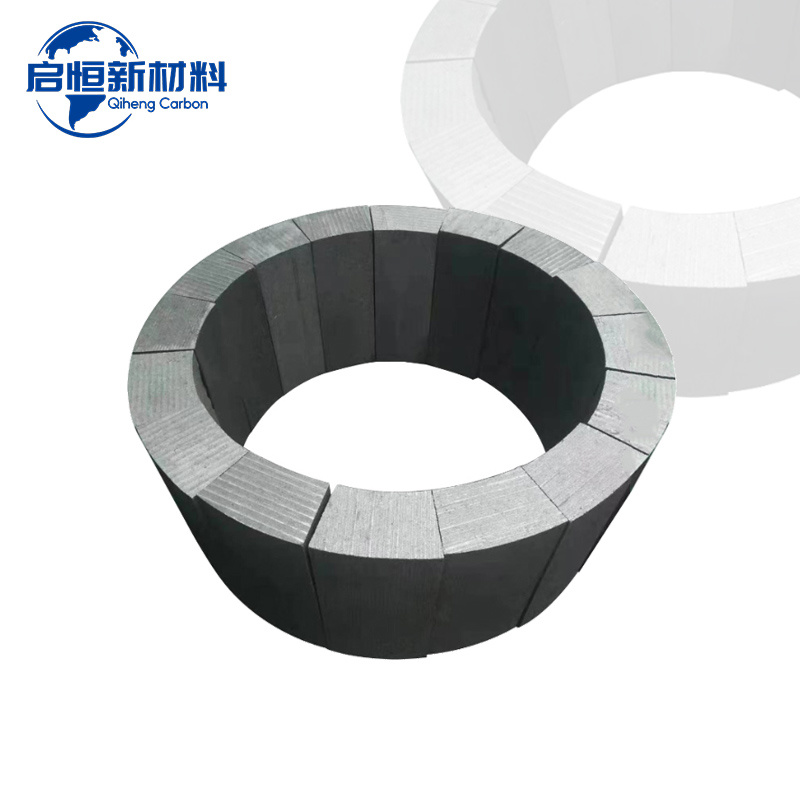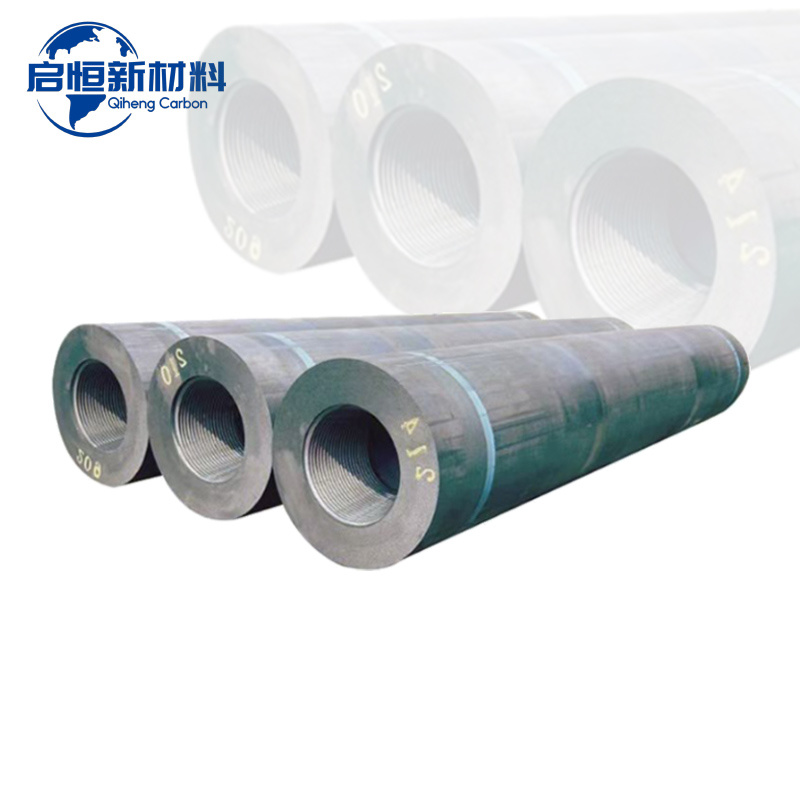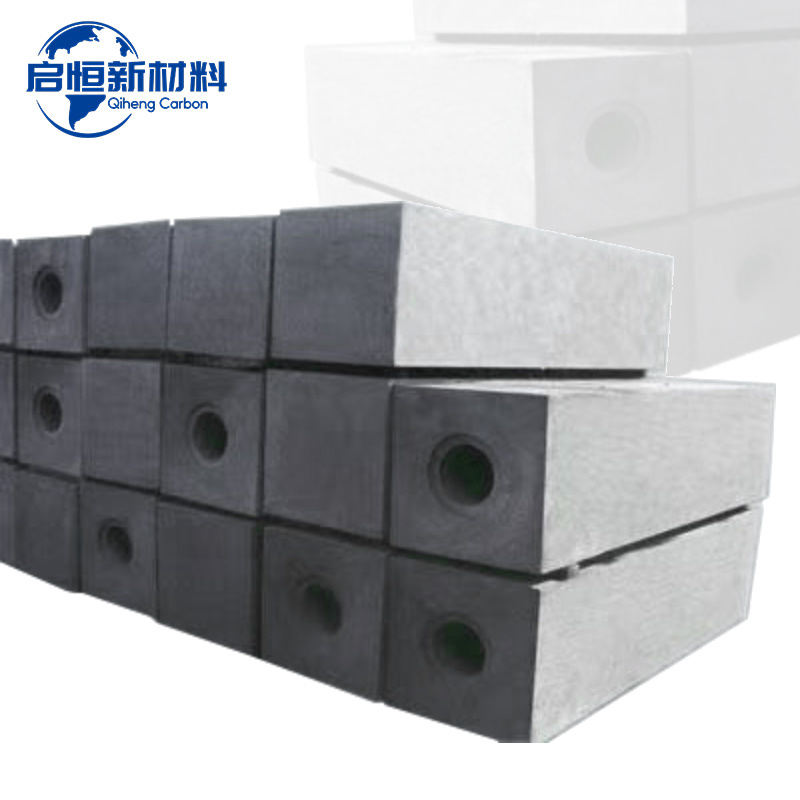Understanding Carbon Bricks: Their Role in Metallurgy and Energy
Summary:
Carbon bricks, a specialized form of material, play a crucial role in various industrial applications, particularly within the metallurgy and energy sectors. These bricks are primarily composed of carbon and are known for their high thermal conductivity, resistance to thermal shock, and excellent mechanical strength. Such properties make them an ideal choice for high-temperature environments, comm

Carbon bricks, a specialized form of material, play a crucial role in various industrial applications, particularly within the metallurgy and energy sectors. These bricks are primarily composed of carbon and are known for their high thermal conductivity, resistance to thermal shock, and excellent mechanical strength. Such properties make them an ideal choice for high-temperature environments, commonly found in steelmaking, aluminum production, and other metallurgical processes.
One of the key advantages of carbon bricks is their ability to withstand extreme temperatures without deforming or losing their structural integrity. This durability is essential in steelmaking furnaces, where temperatures can exceed 1500°C (2732°F). Moreover, the thermal conductivity of carbon bricks ensures efficient heat distribution within the furnace, optimizing the smelting process and improving energy efficiency.
In addition to their thermal properties, carbon bricks exhibit remarkable resistance to corrosion and abrasion. This quality is particularly beneficial in environments where molten metals or aggressive slag are present. The longevity of carbon bricks reduces the need for frequent replacements, leading to lower maintenance costs and improved operational efficiency.
Carbon bricks are not only beneficial for metallurgical applications but also find uses in energy production, particularly in the construction of electrodes for electric arc furnaces. As the demand for sustainable energy sources increases, the role of carbon materials, such as carbon bricks, becomes increasingly significant. The ability to recycle and utilize carbon-based materials aligns with modern environmental goals, making them a preferred choice in many applications.
Furthermore, the production of carbon bricks involves a range of processes, including the carbonization of organic materials and the use of various additives to enhance specific properties. This versatility allows manufacturers to tailor carbon bricks to meet the unique requirements of different applications, ensuring optimal performance in various industrial settings.
In summary, carbon bricks are an essential component in the metallurgy and energy sectors, providing significant advantages in terms of thermal properties, durability, and resistance to harsh conditions. As industries continue to evolve and prioritize efficiency and sustainability, the importance of carbon bricks and their applications is likely to grow. Understanding the characteristics and benefits of these materials can help professionals in the field make informed decisions that enhance operational effectiveness and contribute to the advancement of technology in metallurgy and energy production.
One of the key advantages of carbon bricks is their ability to withstand extreme temperatures without deforming or losing their structural integrity. This durability is essential in steelmaking furnaces, where temperatures can exceed 1500°C (2732°F). Moreover, the thermal conductivity of carbon bricks ensures efficient heat distribution within the furnace, optimizing the smelting process and improving energy efficiency.
In addition to their thermal properties, carbon bricks exhibit remarkable resistance to corrosion and abrasion. This quality is particularly beneficial in environments where molten metals or aggressive slag are present. The longevity of carbon bricks reduces the need for frequent replacements, leading to lower maintenance costs and improved operational efficiency.
Carbon bricks are not only beneficial for metallurgical applications but also find uses in energy production, particularly in the construction of electrodes for electric arc furnaces. As the demand for sustainable energy sources increases, the role of carbon materials, such as carbon bricks, becomes increasingly significant. The ability to recycle and utilize carbon-based materials aligns with modern environmental goals, making them a preferred choice in many applications.
Furthermore, the production of carbon bricks involves a range of processes, including the carbonization of organic materials and the use of various additives to enhance specific properties. This versatility allows manufacturers to tailor carbon bricks to meet the unique requirements of different applications, ensuring optimal performance in various industrial settings.
In summary, carbon bricks are an essential component in the metallurgy and energy sectors, providing significant advantages in terms of thermal properties, durability, and resistance to harsh conditions. As industries continue to evolve and prioritize efficiency and sustainability, the importance of carbon bricks and their applications is likely to grow. Understanding the characteristics and benefits of these materials can help professionals in the field make informed decisions that enhance operational effectiveness and contribute to the advancement of technology in metallurgy and energy production.
Focus On Hot Spots
RP Graphite Electrodes: Transforming Conductivity in Metallurgical Processes
RP Graphite Electrodes: Enhancing Conductivity in Metallurgical Applications
Table of Contents
1. Introduction to RP Graphite Electrodes
2. Understanding Graphite and Its Properties
3. The Role of RP Graphite Electrodes in Metallurgy
4. Benefits of Using RP Graphite Electrodes
5. The Manufacturing Process of RP Graphite Electrodes
6. Applications of RP Graphite Electrodes
The Essential Guide to Graphite Blocks in Metallurgy and Energy Industries
Graphite blocks are pivotal materials in the metallurgy and energy industries, particularly within the non-metallic mineral products sector. These blocks, made from natural or synthetic graphite, possess unique properties that make them suitable for a wide range of applications. One of the most notable characteristics of graphite is its excellent thermal and electrical conductivity. This property









